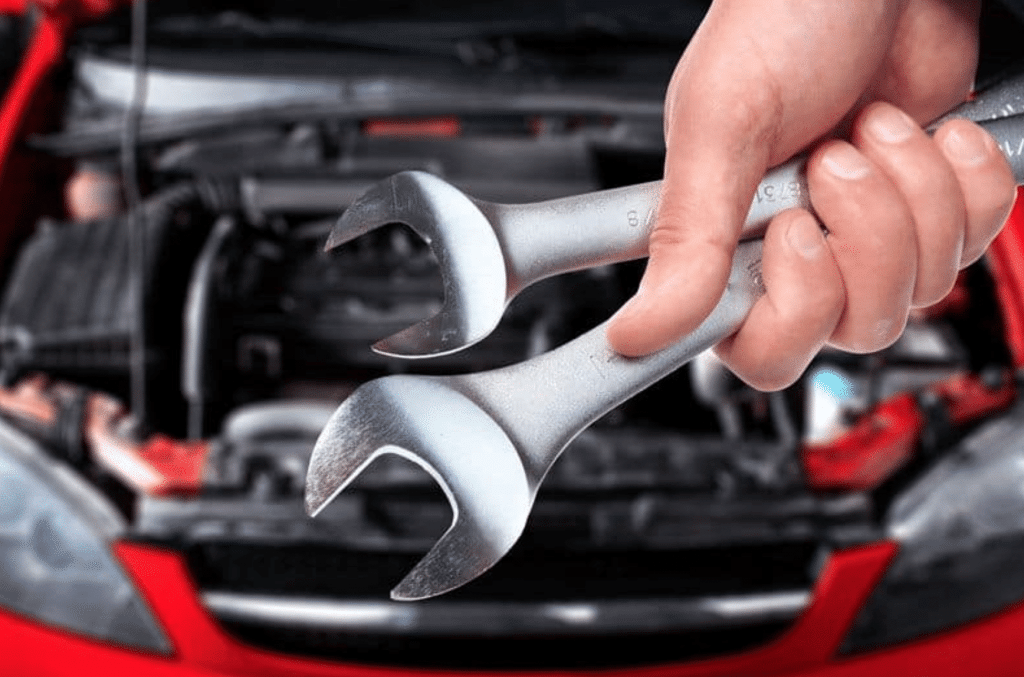Featured
Table of Contents
As the conversation around environment change and ecological sustainability escalates, numerous local auto repair service shops are tipping up to implement methods that considerably decrease their carbon footprint. By adopting environmentally friendly plans, these businesses not just contribute to a healthier world yet additionally draw in a growing base of environmentally mindful customers. Here's a closer check out the various environmental practices neighborhood automobile repair service organizations are employing to advertise sustainability and minimize their influence on the atmosphere.
In addition, shops are progressively mindful of dangerous materials, consisting of oil, coolant, and batteries. Partnering with accredited hazardous waste disposal solutions guarantees that these products are taken care of and thrown away securely, securing neighborhood waterways and environments from contamination. By prioritizing liable garbage disposal, vehicle service center can substantially decrease their environmental footprint.
Furthermore, customers are becoming progressively conscious of the ecological repercussions of their options. By marketing their use of green items, vehicle service center can bring in ecologically aware customers, improving their online reputation and building client loyalty.
Some shops are even discovering renewable power sources, such as solar panels, to power their procedures. By generating their own clean power, these businesses can dramatically reduce their reliance on fossil fuels, contributing to a much more lasting energy landscape.
![]()
Furthermore, progressed vehicle laundry systems that recycle water can considerably minimize water intake throughout automobile cleansing. These actions not just aid conserve a priceless source yet also reduced functional prices for the shop.
By enlightening customers regarding eco-friendly techniques, shops can cultivate a culture of sustainability that prolongs past their doors. Joining neighborhood occasions, funding neighborhood clean-ups, or partnering with environmental companies can also enhance the shop's visibility and reputation as a responsible organization.
1. Liable Waste Disposal and Recycling Programs.
Effective waste administration is essential for reducing the ecological influence of auto repair service stores. Several regional companies have actually developed durable recycling programs to manage materials such as steel, plastics, and paper. These programs frequently include designated bins for different recyclable materials, making it simpler for staff members to sort waste appropriately.In addition, shops are progressively mindful of dangerous materials, consisting of oil, coolant, and batteries. Partnering with accredited hazardous waste disposal solutions guarantees that these products are taken care of and thrown away securely, securing neighborhood waterways and environments from contamination. By prioritizing liable garbage disposal, vehicle service center can substantially decrease their environmental footprint.
2. Fostering of Eco-Friendly Products.
In a proposal to reduce environmental impact, numerous car repair service stores are transitioning to green items. This includes making use of eco-friendly cleaner, environmentally risk-free oils, and low-VOC paints. By picking items with a lower environmental influence, these companies lower damaging exhausts and boost air quality within their stores.Furthermore, customers are becoming progressively conscious of the ecological repercussions of their options. By marketing their use of green items, vehicle service center can bring in ecologically aware customers, improving their online reputation and building client loyalty.
3. Energy Performance Initiatives.
Power consumption is a significant factor to a business's carbon impact, making power performance a key focus for regional auto service center. Several organizations are updating to energy-efficient illumination systems, such as LEDs, which eat dramatically less energy than conventional bulbs. Furthermore, stores are implementing clever thermostats and energy-efficient home heating and cooling down systems to further lower energy consumption.Some shops are even discovering renewable power sources, such as solar panels, to power their procedures. By generating their own clean power, these businesses can dramatically reduce their reliance on fossil fuels, contributing to a much more lasting energy landscape.

4. Water Conservation Efforts.
Water conservation is an important element of ecological duty, especially in automobile repair service stores that typically need substantial water for cleansing vehicles and equipment. Several neighborhood services are carrying out water-saving fixtures, such as low-flow taps and bathrooms, to minimize water use.Furthermore, progressed vehicle laundry systems that recycle water can considerably minimize water intake throughout automobile cleansing. These actions not just aid conserve a priceless source yet also reduced functional prices for the shop.
5. Area Engagement and Education.
Neighborhood car repair service shops commonly play an essential function in advertising ecological awareness within their neighborhoods. Numerous services participate in neighborhood outreach efforts, such as workshops or informational sessions on lasting driving methods and vehicle upkeep.By enlightening customers regarding eco-friendly techniques, shops can cultivate a culture of sustainability that prolongs past their doors. Joining neighborhood occasions, funding neighborhood clean-ups, or partnering with environmental companies can also enhance the shop's visibility and reputation as a responsible organization.
Conclusion.
Local automobile repair service shops are progressively accepting environmental techniques to decrease their carbon footprint and promote sustainability. As consumers end up being more eco-conscious, supporting vehicle fixing stores that prioritize sustainable methods is necessary.Table of Contents
Latest Posts
Picking the Right Place: What to Take into consideration for Wedding Celebrations, Seminars, and Occasions
Published en
1 min read
Discover Relaxation at the Claridge Indoor Swimming Pool
Published en
1 min read
Leading Patterns in Custom Furniture Layout for 2025
Published en
0 min read
More
Latest Posts
Picking the Right Place: What to Take into consideration for Wedding Celebrations, Seminars, and Occasions
Published Mar 28, 25
1 min read
Discover Relaxation at the Claridge Indoor Swimming Pool
Published Feb 04, 25
1 min read
Leading Patterns in Custom Furniture Layout for 2025
Published Jan 26, 25
0 min read